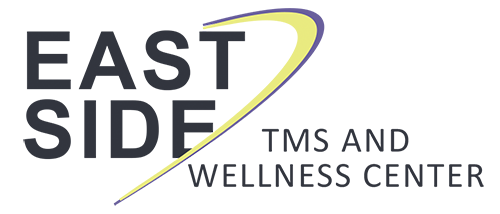Anxiety
What is Anxiety?
Anxiety is a natural response to stress or danger—it’s that feeling of worry, fear, or unease you get when something important is coming up, like a big test or a job interview. But when anxiety becomes constant, overwhelming, or starts interfering with daily life, it may be an anxiety disorder.
Common Symptoms of Anxiety:
- Constant worry or fear that’s hard to control
- Restlessness or feeling “on edge”
- Racing thoughts
- Trouble concentrating
- Muscle tension
- Rapid heartbeat or chest tightness
- Sweating, trembling
- Trouble sleeping
- Avoiding situations that trigger anxiety
Types of Anxiety Disorders:
Generalized Anxiety Disorder (GAD): Chronic worry about everyday things, even when there’s no clear reason.
Panic Disorder: Sudden, intense episodes of fear (panic attacks) with physical symptoms like heart palpitations, shortness of breath, or dizziness.
Social Anxiety Disorder: Intense fear of being judged or embarrassed in social situations.
Phobias: Extreme fear of specific things (like heights, spiders, or flying).
Separation Anxiety Disorder: Especially common in children, fear of being away from loved ones.
What are the types of anxiety treatment?
- Counseling (Psychotherapy)
Counseling is a key part of treating anxiety, helping individuals understand their thought patterns and develop tools to manage stress and fear. Common therapeutic methods include:- Cognitive Behavioral Therapy (CBT)
CBT is one of the most effective treatments for anxiety. It helps individuals identify and challenge distorted thoughts and beliefs that fuel anxious feelings. Through CBT, people learn to replace irrational fears with more balanced thinking, which leads to improved emotional regulation and behavior. - Eye Movement Desensitization and Reprocessing (EMDR)
EMDR is a therapy primarily used to treat trauma, but it’s also effective for anxiety, especially when anxiety is rooted in past experiences. The therapy involves guided eye movements while recalling distressing memories, helping the brain reprocess and reduce the emotional impact of those memories. - Medication Management
Anti-anxiety medications can help reduce symptoms by regulating the brain’s chemical activity. Treatment involves working closely with a healthcare provider to find the right medication and dosage.
- Cognitive Behavioral Therapy (CBT)
- Transcranial Magnetic Stimulation (TMS)
TMS is an emerging treatment for individuals with treatment-resistant depression with anxiety symptoms that do not respond well to medication or counseling. TMS uses non-invasive magnetic pulses to stimulate specific areas of the brain involved in anxiety regulation. It shows promise for reducing symptoms in people with generalized anxiety disorder (GAD) and other forms of chronic anxiety. For insurance coverage purposes, a diagnosis of Major Depressive Disorder would need to be present as anxiety treatment alone is not covered.
Let’s Work Together to Manage Anxiety—Not Let It Define You
Whether you’re a college student struggling to keep up, a parent worried about your child’s attention span, or an adult feeling overwhelmed by deadlines and disorganization—we can help.


